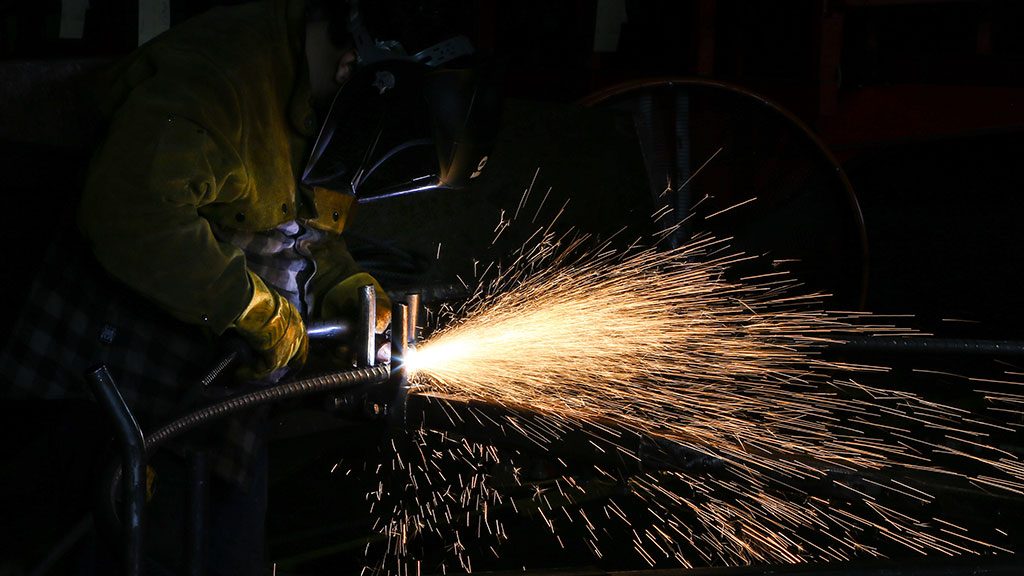TORONTO – Federal duty relief on components headed for two LNG projects is raising the ire of the steel industry.
In an August 9 release, the federal ministry of finance welcomed Woodfibre LNG’s announcement it had placed an order for a cryogenic heat exchanger and said the government would provide relief from duties on fabricated steel contained in both modules for both the Woodfibre LNG and previously announced LNG Canada project.
“These modules are key components used in the construction of LNG facilities, and relief is being provided because modules of the size and complexity required for these projects are not available in Canada,” the government release stated, adding that “remission of anti-dumping and countervailing duties is generally provided only in situations where there are exceptional circumstances, such as domestic short supply.”
Canadian Institute of Steel Construction (CISC) CEO Ed Whalen said the decision is a “hundreds-of-thousands-of-jobs-lost kind of mistake.”
“The LNG Canada project is $40 billion, and Woodfibre LNG is around $2 billion. The reason 90 to 95 per cent of that value will go to China is the process of modularization. The guts of what goes into the projects will be manufactured and produced in China,” Whalen said.
Whalen explained that using modular construction for the projects in Kitimat makes sense due to the proximity of the projects to the ocean, but “while in principle that’s a great idea, what we have in play with industrial and even commercial projects is that the modules don’t need to be built near the project.”
“But with heavy construction, modular yards aren’t that far away. With Fort McMurray for example, the heaviest concentration of labour is in Edmonton,” he added.
Kitimat doesn’t have the size restrictions inherent with the oilsands, Whalen added, because instead of navigating winter roads, large modules can be loaded onto ships and transported directly to worksites.
“There’s nothing technical about it, it just depends on size of land where you build it. They are building that type of capability in Kitimat and could have built modular yards closer and have the same capacity to get (modules) off and on ships,” he said.
Whalen also took issue with the government’s referring to the previous duties as ‘trade barriers’ in their announcement.
“For the Government of Canada to call their own fair-trade process a trade barrier is dumbfounding. This statement will send shock waves across all Canadian industries contemplating future capital investment and their viability in Canada,” he said.
The Canadian International Trade Tribunal (CITT) implemented duties in 2017 under the Special Import Measures Act on fabricated structural steel and modules when it was determined dumped fabricated industrial steel components from China, South Korea and Spain had harmed Canada’s domestic injury. An appeal of the decision is currently pending in the Federal Court of Appeal.
“This could be a game changer. If this is permitted to continue, we’ll lose construction and construction trades in Canada, and there won’t be a skill shortage of construction in Canada because there won’t be construction in Canada,” Whalen said.
“The benefit and boon that we’ll see to the economy (from LNG) won’t happen at all,” he added.
The August 9 government release stated the Woodfibre LNG project would “create more than 650 jobs during construction, with more than a 100 of those jobs continuing once the project is operational. It will also provide significant economic opportunities for local Indigenous communities and contribute to the area’s long-term economic growth.”











Recent Comments